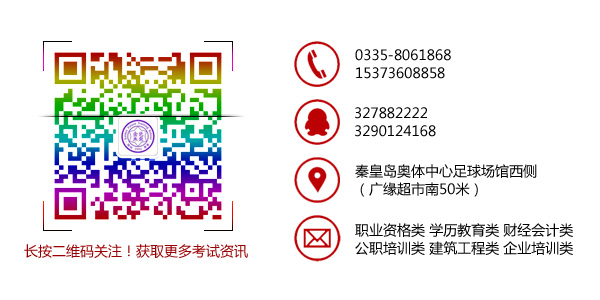1. recipient [rɪ'sɪpɪənt]
n. 容器,接受者;容纳者
A suppressed immune system puts a transplant recipient at risk of other infections. 接受器官移植的病人免疫系统受到抑制后很可能会感染其他疾病。
2.eliminate [ɪ'lɪmɪneɪt]
vt. 消除;排除
Recent measures have not eliminated discrimination in employment. 最近的举措还未能根除就业歧视。
3. remote [rɪ'məʊt]
adj. 遥远的;偏僻的;疏远的n. 远程;遥控器
Landslides have cut off many villages in remote areas. 滑坡阻隔了许多边远地区的村子。
4. distant ['dɪst(ə)nt]
adj. 遥远的;冷漠的;远隔的;不友好的,冷淡的
There is little doubt, however, that things will improve in the not too distant future. 然而毋庸置疑的是,事情在不远的将来会有改观。
5. faraway ['fɑːrəweɪ]
adj. 遥远的;恍惚的
They have just returned from faraway places with wonderful stories to tell. 他们刚从一些遥远的地方回来,有很多精彩的故事要讲。
6. implement ['ɪmplɪm(ə)nt]
vt. 实施,执行;实现,使生效n. 工具,器具;手段
The government promised to implement a new system to control financial loan institutions. 政府许诺要实施新的制度来控制金融贷款机构。
7. expense [ɪk'spens]
n. 损失,代价;消费;开支
He's bought a big TV at vast expense so that everyone can see properly. 他花了很多钱买了台大电视,这样人人都可以看清楚了。
8. expansion [ɪk'spænʃ(ə)n]
n. 膨胀;阐述;扩张物
Their desire for expansion has increased. 他们的扩张欲望有增无减。
9. outlay ['aʊtleɪ]
n. 经费;支出;费用
Apart from the capital outlay of buying the machine, dishwashers can actually save you money. 抛开购买的费用不讲,洗碗机实际上能给你省钱。
10. expenditure[ɪk'spendɪtʃə]
n. 支出,花费;经费,消费额
Policies of tax reduction must lead to reduced public expenditure. 减税政策必然导致公共开支减少。
